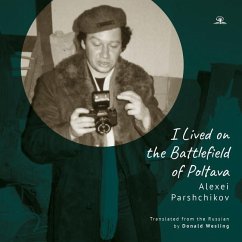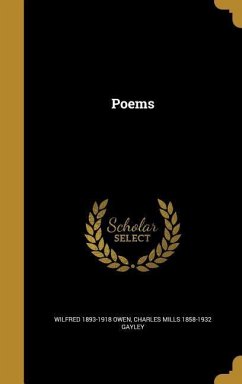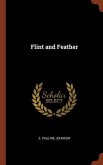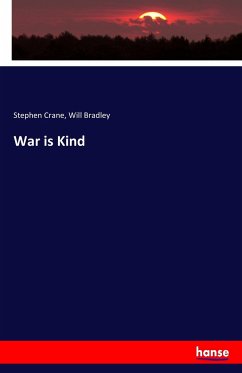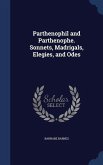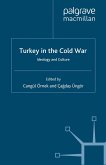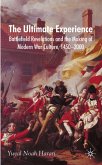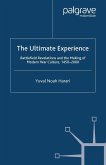Longlisted for the 2024 PEN Award for Poetry in Translation, this prize-winning historical-lyrical poem of 1985, on the unequal power-relations between Russia and Ukraine, darkly resonates in 2023. Alexei Parshchikov's long historical poem, which dates 1985, is one of the major literary documents of the last years of the USSR. Alexandra Smith, in an article of 2006, has called it "perhaps the most important achievement of Russian post-perestroika poetry." Its significance is historical in its irony towards Peter the Great and Charles XII of Sweden in their 1709 battle at Poltava and towards the writer's own dual allegiance to Ukrainian soil and the Russian language. While all previous translations of parts of the poem are in free verse, translator Donald Wesling here carries over the rhyme and meter of the original whole poem. To aid the reader, this volume contains the Russian text, and also the translator's commentary and notes.
Hinweis: Dieser Artikel kann nur an eine deutsche Lieferadresse ausgeliefert werden.
Hinweis: Dieser Artikel kann nur an eine deutsche Lieferadresse ausgeliefert werden.

